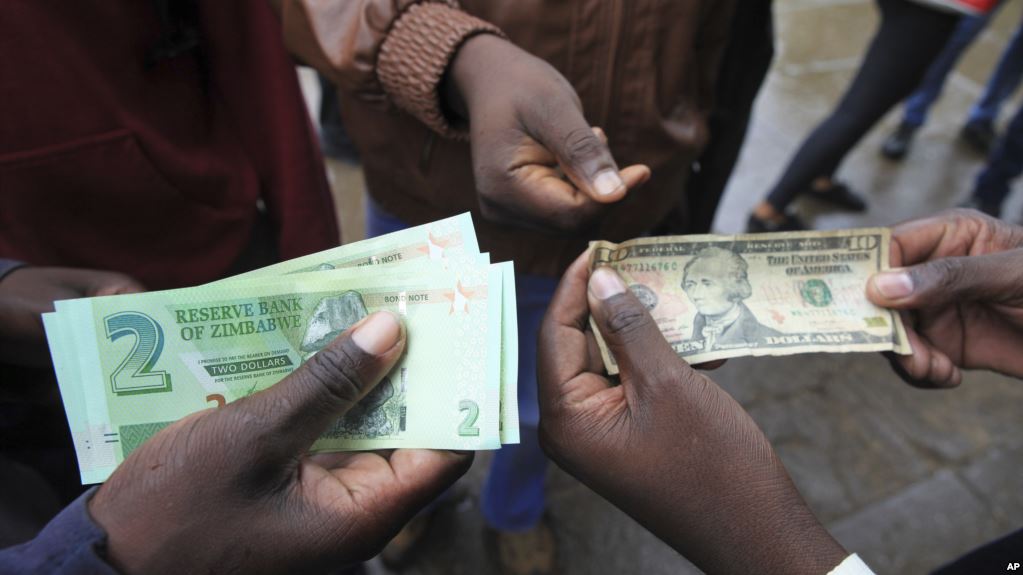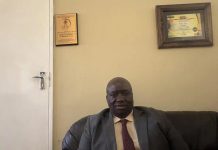AS the Zimbabwe Stock Exchange (ZSE) puts final touches on the infrastructure needed for operations of the Victoria Falls Securities Exchange (VFEX), investors await to see if their major concerns on investing in the country will be addressed.
The new securities exchange is part of a broader plan to turn the world famous resort town into an offshore International Finance Centre (IFC). The VFEX is liberalised to trade in foreign currencies only so as to allow the blending of tourism activities, global investment enquiries and other business activities in the resort town.
Zimbabwe experienced a sharp decline in foreign direct investment (FDI) inflows from the all-time high of US$745 million recorded in 2018 to US$259 million realised in 2019, highlighting new challenges in attracting long-term investment despite the abundance of business opportunities in the economy. In the first half of 2020, the country received a paltry US$71 million. FDI inflows for the year 2020 are expected to end the year at US$150,4 million, the lowest figure in a decade.
The success of the VFEX will be expected to boost investor interest on Zimbabwe, therefore, the platform is a litmus test to skeptical investors. In 2019, foreign investors bought shares worth US$25 million. In the first half of 2020, foreign buys averaged US$1 million per month. International finance has transformed Mauritius into a global investment hotspot.
Unlike Zimbabwe, Mauritius is best known for its hospitable business climate, good governance, rule of law and free market policies, which have ushered in economic stability.
Zimbabwe managed to register some significant improvements in the ease of doing business in the past two years. Key to the improvements was the amendment to the 2008 Indigenisation and Empowerment Act that restricted foreign ownership of local businesses to 49%. The 2018 legislation allows foreign investors to own any percentage of local assets except for the diamond and platinum mining sector which require partnership with local investors or government approvals. In terms of overall ranking, the country improved on the World Bank Ease of Doing Business rankings from position 155 in the world to 140 out of 190 countries.
A high ease of doing business ranking means that the regulatory environment in that country is more conducive to the starting and operation of a business. Globally, New Zealand, Singapore, Hong Kong, Denmark and South Korea are ranked as the best countries in terms of business climate. In sub-Saharan Africa, Mauritius, Rwanda, Kenya, South Africa and Botswana rank as the best economies on ease of doing business. Zimbabwe has massive potential on improving the local business climate and providing a solid foundation for VFEX through policy reforms on the following thorny aspects.
Addressing investor concerns
The major reason why investor interest on the ZSE and local businesses has waned in the past three years is because of restrictions on repatriating dividends and capital for foreign investors. The same applies to guaranteed exit when divesting from Zimbabwe. The country’s foreign exchange regulations and inconsistent monetary policies have been a pain to most investors who sought formal channels to repatriate dividends. In the end, potential investors hold onto their capital or invest elsewhere in the region while existing ones look for illegal or unofficial channels to repatriate their dividends. The purchase of Old Mutual shares on the ZSE and their disposal on the Johannesburg and London Stock Exchange became one such avenue.
To improve the business climate and attract investment, the government needs to reform the current exchange controls and regulatory bottlenecks to ensure that investors use formal banking channels to repatriate their dividends and move capital out (subject to normal due diligence). The government needs to craft 10 years (or even more) investment policies that do not transform with change of personnel in government. These policies must align with other southern African countries, which compete for the same investment inflows and are endowed with similar natural resources.






